The Sleep Hack Athletes Use to Recover Faster and Build Muscle Overnight
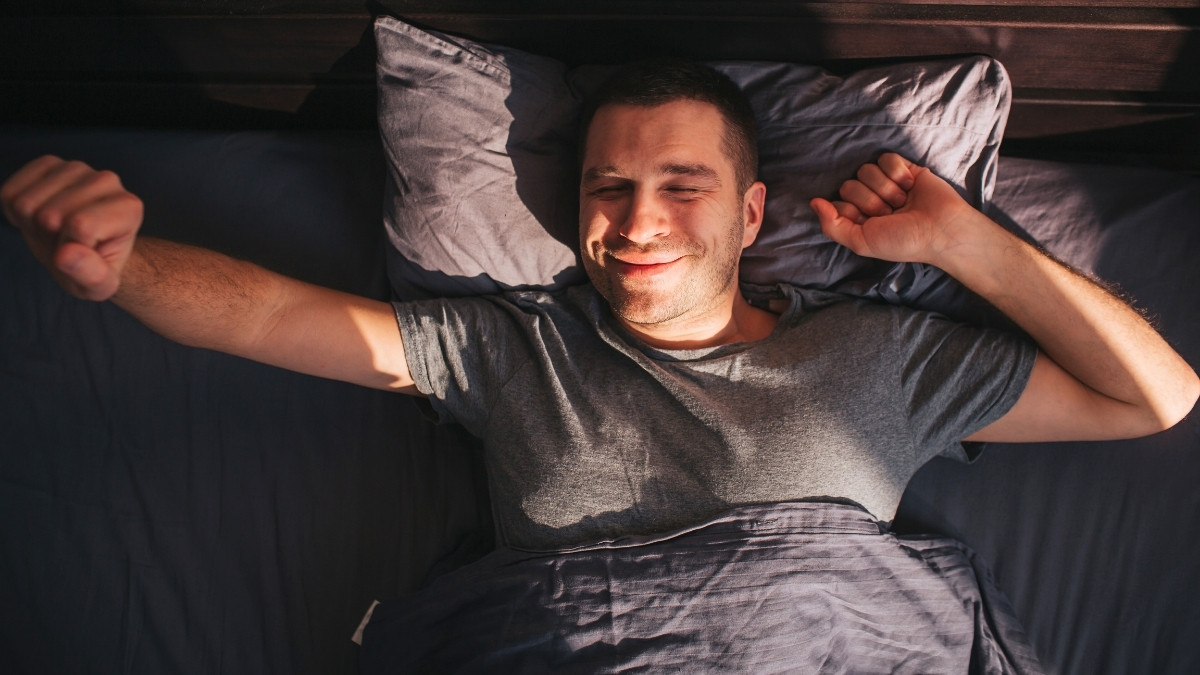
What if the biggest performance boost you’re missing isn’t in the gym, but in your bedroom? Most athletes train hard, watch their diet, and push their limits. But many still hit a wall. The problem isn’t effort—it’s recovery.
Your body doesn’t grow stronger while lifting or running. The real progress happens at night. During sleep, muscles repair, hormones reset, and energy stores fill back up. Skip quality sleep, and you slow down muscle recovery, risk more injuries, and stall overnight growth.
Here’s the good news: elite athletes have a simple sleep hack that helps them recover faster and build muscle while they rest. It’s not about sleeping all day. It’s about using the right strategies to get deeper, more effective sleep.
Why Sleep Is the #1 Recovery Tool for Athletes
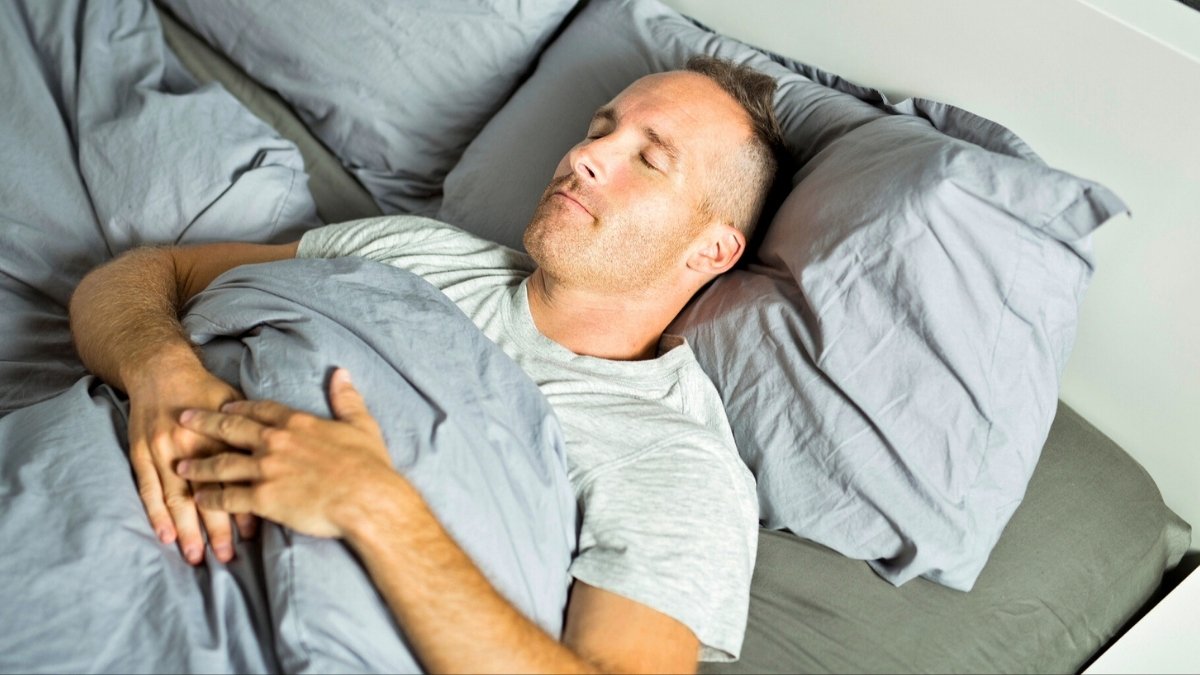
Even pro athletes like LeBron James and Roger Federer are known for sleeping 10–12 hours a night. They treat sleep like training, because that’s when the body actually repairs.
Muscle protein synthesis—the process that builds muscle—peaks while you sleep.
Deep sleep also triggers growth hormone, which repairs tissue and helps you bounce back faster.
Poor sleep throws off hormones. Cortisol (the stress hormone) stays high, while testosterone drops. That combo makes it harder to recover and easier to break down muscle.
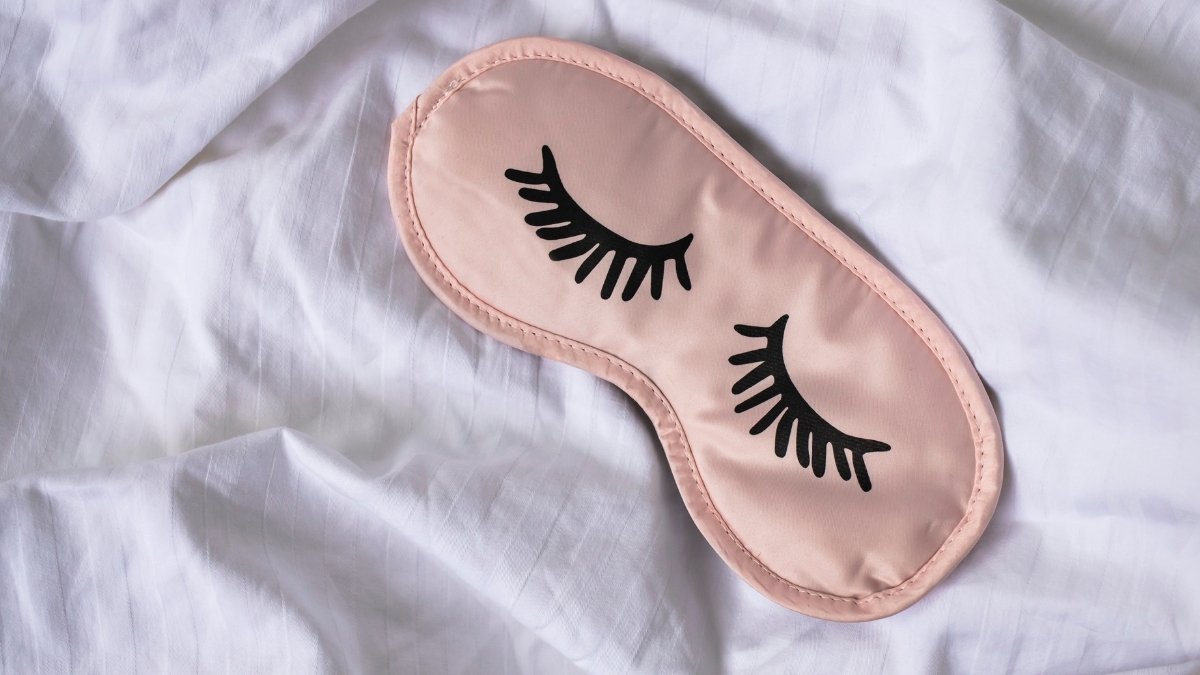
Science backs this up. In one Stanford study, basketball players who slept 10 hours ran sprints 9% faster. On the flip side, lack of sleep can cut reaction time by 20–30%—the same as being buzzed from alcohol. Imagine stepping on the field or into the gym in that state.
The takeaway: sleep isn’t just “rest.” It’s your most powerful recovery tool. And if you want faster results, you need to treat it as seriously as your workouts.
Next, let’s look at the specific sleep hack athletes use to grow muscle and recover overnight.
The Sleep Hack Athletes Use for Overnight Muscle Growth
Most athletes know sleep matters, but the real trick is how to get more deep, slow-wave sleep. That’s when your body repairs muscles and builds strength. The “hack” isn’t about sleeping longer—it’s about sleeping smarter.

Keep your room cold, between 60–67°F. This signals your body it’s time to rest.
Go to bed at the same time every night. Your circadian rhythm works best on a schedule.
Nutrition also plays a role. Casein protein before bed fuels muscle repair all night long. In one study, rugby players who drank casein added 20% more lean muscle in 12 weeks. That’s a massive difference for just one small change.
Step-by-Step Guide to Use the Sleep Hack
You don’t need to guess your way into better recovery. Here’s the exact routine athletes use to get more deep sleep for muscle recovery.
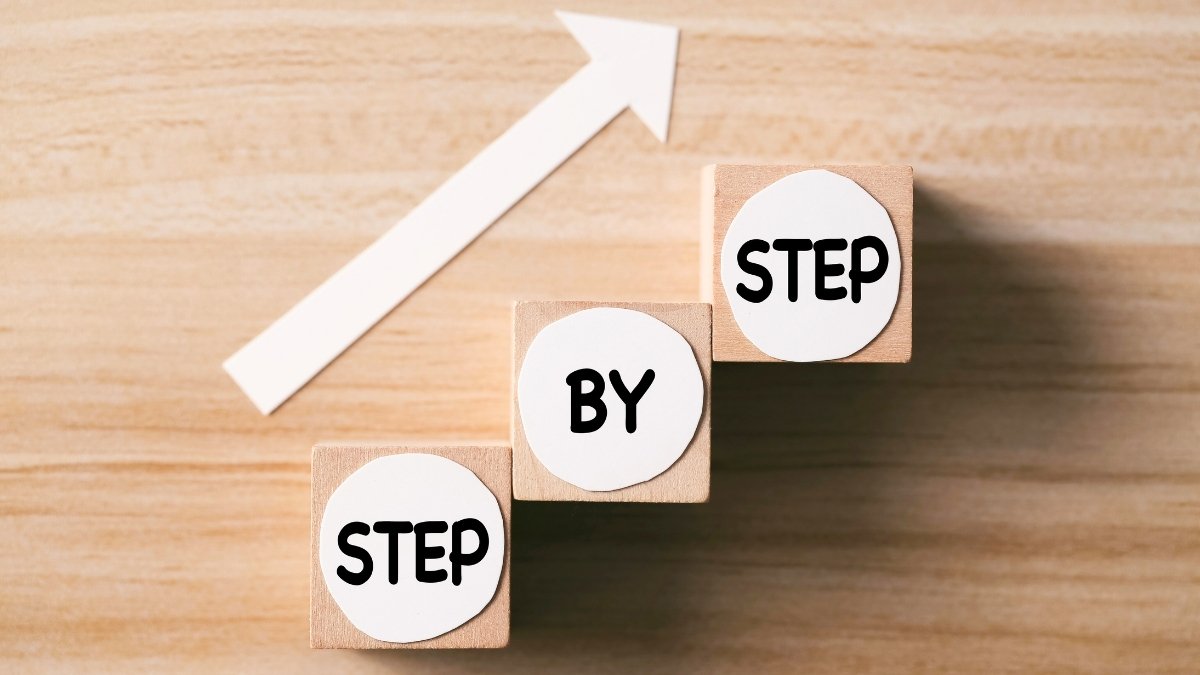
1. Nutrition (9:30 p.m.)
Have casein protein or cottage cheese before bed. This slow-digesting protein feeds your muscles all night.
2. Environment
Keep your room cool, around 60–67°F. Block out light with blackout curtains. Use white noise if small sounds wake you.
3. Mindset
Relax your brain before bed. Deep breathing, light stretching, or writing down thoughts helps lower stress.
4. Technology
No screens 60–90 minutes before sleep. Blue light delays melatonin and keeps you wired.
5. Supplements (optional)
Magnesium, glycine, or tart cherry juice can improve sleep depth. A 2019 study found magnesium boosted deep sleep quality by 10–15%.
Real Athlete Examples & Expert Insights
LeBron James says he sleeps up to 12 hours a day. Tennis star Roger Federer does the same, logging 10–12 hours whenever possible. These aren’t lazy habits. They’re recovery sleep strategies that keep them at the top of their game.
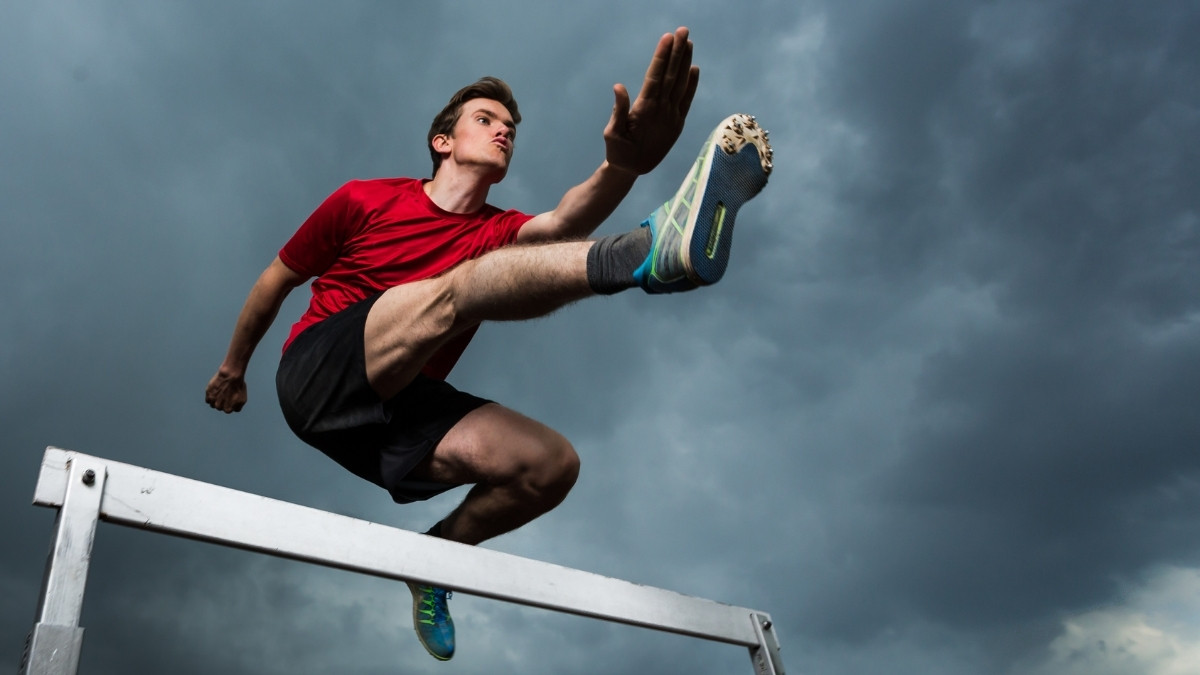
Why so much sleep? Because athletes know their bodies repair and recharge during deep sleep. Recovery coach Cheri Mah calls sleep “the ultimate performance enhancer.” No supplement or workout plan can replace it.
Now compare that to most amateurs. Many grind in the gym, but cut sleep short to scroll their phone or stay up late. The result? Slower recovery, nagging injuries, and stalled progress.
Elite athletes treat sleep like training. They make it part of their plan, not an afterthought. That’s why they recover faster and stay strong season after season.

If LeBron and Federer guard their sleep like gold, it’s a clear message: you should too. Better rest isn’t just for the pros—it’s the fastest path to more energy, stronger muscles, and fewer setbacks.
Next, let’s talk about the common sleep mistakes that kill recovery so you can avoid them.
Common Sleep Mistakes That Kill Recovery
Sometimes it’s not what you do, but what you avoid. Many athletes struggle with poor recovery sleep because of small but costly habits.

Caffeine too late in the day is a big one. A study showed 200 mg of caffeine taken 6 hours before bed cut total sleep by an hour.

Even an afternoon coffee can mess with deep sleep.
Late-night workouts also hurt. Training hard close to bedtime keeps your heart rate and core temperature high.

That makes it harder to fall into deep sleep for athletes who need repair.
Scrolling in bed is another trap. Blue light from your phone delays melatonin, the hormone that signals sleep.
Plus, social media keeps your brain wired when it should be slowing down.

Finally, inconsistent bedtimes throw off recovery. Going to bed at 10 p.m. one night and 1 a.m. the next confuses your body clock. That cuts into the quality of sleep cycles that rebuild muscle.
Avoiding these mistakes is as powerful as using sleep hacks. Fixing them sets the stage for better recovery, more energy, and stronger training results.
Lastly,
Sleep is the foundation of recovery and muscle growth. You can train hard and eat well, but if your sleep suffers, your progress slows.
The sleep hack athletes use is simple: go to bed at the same time, keep your environment cool and dark, and add a slow-digesting protein like casein before sleep. These small steps help you reach deeper sleep cycles, repair faster, and support overnight muscle growth.
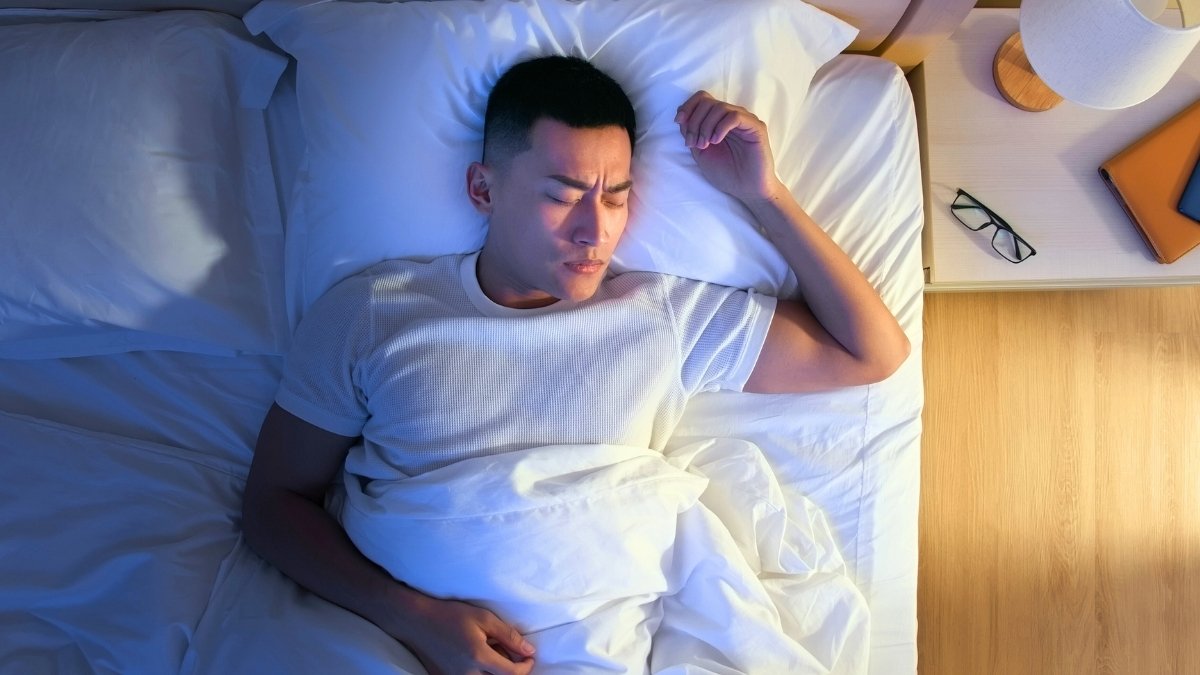
Try this routine for just one week. Pay attention to how your body feels in training, how sore you are, and how much energy you have. Chances are, you’ll notice a real difference.
The lesson is clear: if elite athletes treat sleep like part of training, you should too. Start tonight and let your recovery work while you rest.






